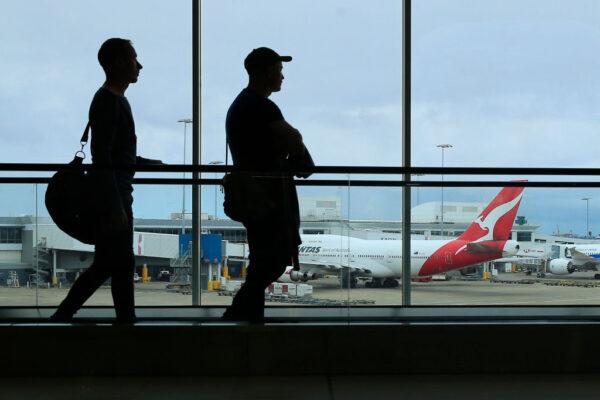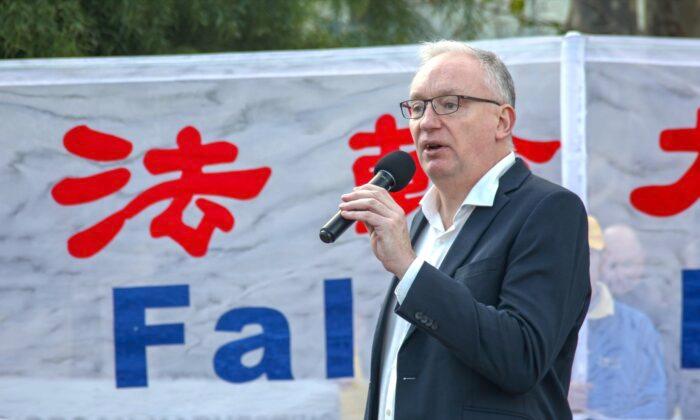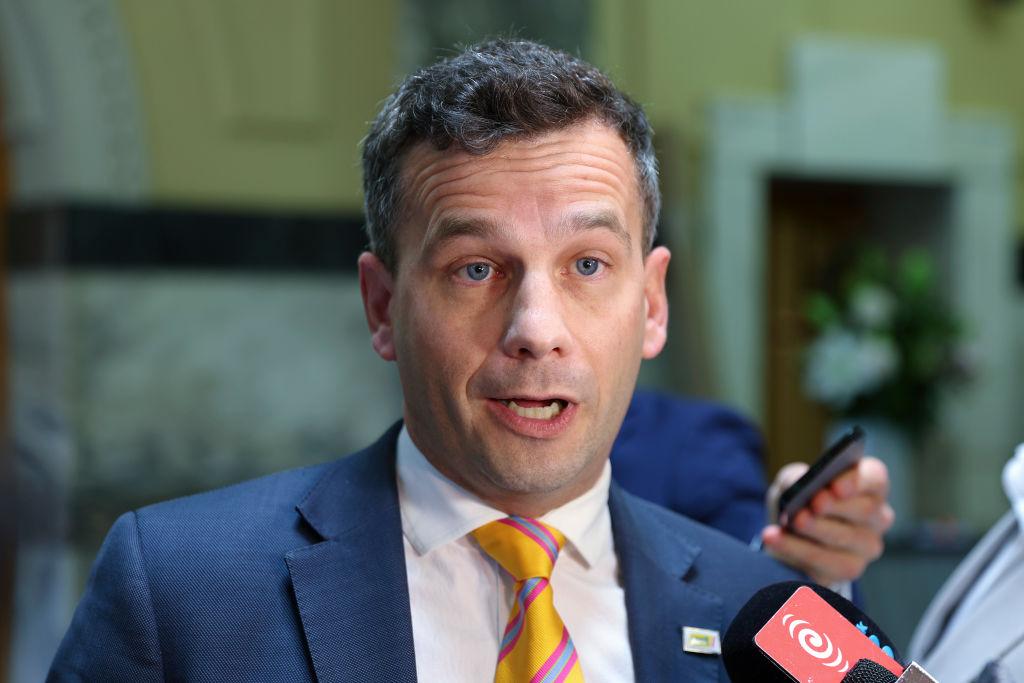Prof. Shitij Kapur, Dean of the Faculty of Medicine at the University of Melbourne, said the nation had done a good job with the handling of COVID-19. However, it has left Australians stuck in what he termed a “golden cage.”
Kapur said breaking free of the cage was now a dilemma for Australia and warned that the option of waiting for the virus to die down in the rest of the world, in order to leave the cage, was impossible.
“It will be controlled, but it will not get down to zero local cases all over the world. Complete eradication of a virus is extremely rare,” he wrote. “In fact, it’s only happened for smallpox. The likelihood it will happen with COVID is nil.”

He said even with the rollout of vaccines, and if herd immunity is achieved, there will always be a possibility of individual future cases.
“A pivot would be required in public perception and policy, one that would leave this fascination with zero cases and manage it is as we do many other health problems.”
He said businesses could help play a role in adjusting public expectation away from zero cases to accept minimal to modest risk as a trade-off for the resumption of relationships with the rest of the world.
Kapur said India was an example Australia could model after, where restrictions were comparatively lax, yet the number of cases was falling due to “some natural factors.”
“It might be that in certain areas we have to take some special precautions, and it might also be that just as HIV changed our protection practices in sexual habits, you could well be left with greater masks, or some element of social distancing that stays with us for a long time,” Kapur said.
New South Wales Premier Gladys Berejiklian rejected his call, saying the Australian goal was zero community transmissions, not total elimination.





